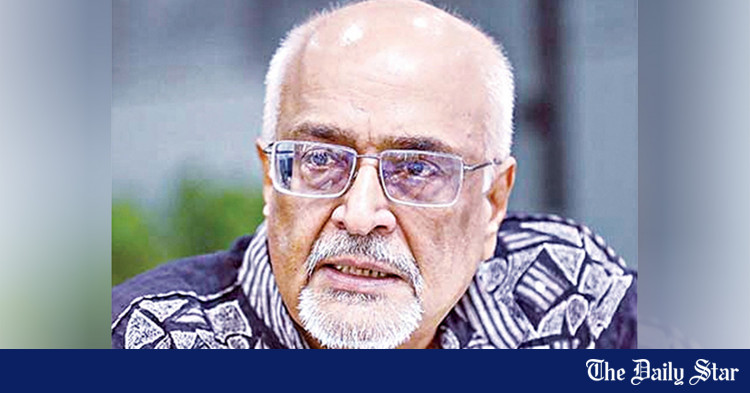Politicians aided by loyal bureaucrats were behind irregularities in development projects taken and implemented when the Awami League was in power, secretaries and other officials told a whitepaper panel.
“The administration was hostage to politics,” Debapriya Bhattacharya, chief of the panel, told reporters after a meeting yesterday.
The interim government formed the panel to prepare a whitepaper on the state of the economy.
The panel yesterday consulted the high-level government officials at the planning ministry.
At least 32 senior secretaries and secretaries and 53 other high-level officials attended the meeting.
Debapriya said the top bureaucrats emphasised capacity building and creating a congenial environment for the government officials.
“They hope there will be no injustice in their profession,” he added.
Some of the officials told the panel that they could stop irregularities to some extent by speaking up.
Some others said their career took blows for showing courage against irregularities. But the associations of officials did nothing to protect them because those were also politicised, he said.
The officials discussed the administration’s role in embezzlement in the name of projects.
Many development projects were taken, designed, implemented and even evaluated by bureaucrats who benefited from the government, business people, and politicians.
Many projects taken on political consideration were revised multiple times, causing delays and rise in costs. Flawed projects were taken and feasibility studies were not properly done.
The banking sector, the government role in appointing bank directors, Karnaphuli tunnel, a high-tech park, and issues facing the energy sector, and social safety were discussed.
The whitepaper panel has identified irregularities that took place while awarding contracts and purchasing equipment. Many completed projects have yielded little to no economic return.
Debapriya said more professionalism and capable, independent, and efficient officials are essential for the country’s development.
Requesting anonymity, a member of the panel said the whitepaper may be submitted to the chief adviser by this month.


